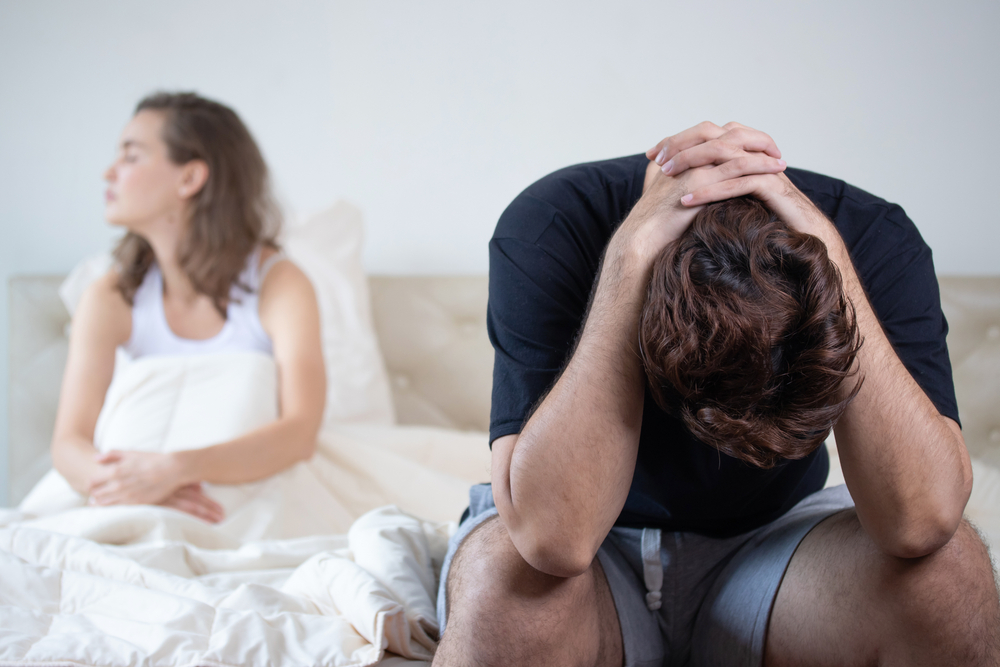
A decrease in sexual desire is known as low libido. Many people experience low libido at one point in their life. While some people associate low libido with erectile dysfunction, women are more likely to experience this condition than men. Low libido can be temporary or recurrent, and may be the result of a number of physical, mental, and emotional problems. In this article, we’ll discuss the causes, symptoms, and potential treatments for low libido.
A number of prescription medicines are available for treating low libido. Two of these medications are FDA-approved for use by premenopausal women, flibanserin, also known as Addyi. Other treatments include off-label therapies and lifestyle changes. If you have pain during sexual intercourse, it can also affect your libido. If your partner has chronic pain, it may be worth addressing the cause of pain with sex to restore your sex drive.
A lack of desire can be a result of hormonal changes in the body. Many men experience a loss of desire as they age. This can be a result of a lowered testosterone level. Another possible cause of decreased libido is depression. While counseling and medication for depression may be helpful, some antidepressants can decrease libido. Also, menopause can have physical changes that affect intercourse. Treatments are available to increase sexual desire after menopause.
Regardless of whether you feel like you’re losing your libido, it is important to seek help. Visiting a healthcare provider can help you to determine whether your libido is low or if you have a more serious problem. A physician can rule out the possibility of other medical problems and refer you to a specialist. Oftentimes, a dip in sexual interest can coincide with a new medication. Stopping that medication may help.
Sex therapy and counseling are two common ways to treat low libido. In addition to sex therapy, counseling can help you deal with emotional and psychological aspects of the condition. Marriage counseling can address relationship problems. Likewise, relaxation techniques can help you deal with stress and exhaustion. In some cases, a doctor may recommend hormone or blood tests to rule out other medical conditions that may be the source of your low libido.
Stress and sleep apnea can lower libido. Stress increases cortisol levels, which interfere with testosterone and other hormones essential for increasing sex drive in males. In addition to taking a sleeping pill, addressing the root causes of low libido can help you resolve your psychological issues and restore your sex drive. Once you find out what is causing your low libido, you can begin treatment.
Lastly, make time for yourself. Plan date nights, new hobbies, or getaways. While these are great ways to boost intimacy, they are not necessary to improve low libido. A healthy sex life is more likely to result when you prioritize self-care. And if you can do these things, you’ll have a more balanced sex life. So, make time for yourself and your partner to enjoy yourselves.
Many women suffer from low libido, and the condition is often the punch line of a marriage or sitcom joke. Though not everyone is comfortable discussing it, low libido can have important implications for your health, happiness, and overall wellbeing. So, how do you treat Low Libido? Read on to find out. And don’t feel embarrassed to ask for help if you feel you’re not having enough sex!
Low libido is a common problem that can interfere with sexual activity, and can even foster feelings of guilt in both partners. There are many ways to treat libido, including diagnosing and treating the cause. Testosterone is a key male hormone and is necessary for building muscles, stimulating sperm production, and regulating sex drive. If you notice a drop in your testosterone levels, you should talk to your doctor, as this can be a symptom of a more serious underlying problem.
Your primary care doctor will identify any underlying medical conditions and can offer treatments to correct the issue. Treatment may include changes to diet, hormone replacement therapy, antidepressants, and counseling. Prevention is the best cure for low libido, and it starts with a healthy lifestyle. Avoiding smoking, drinking too much alcohol, and using illegal drugs may be the first step toward restoring a healthy libido.
Some medications can cause low libido. Certain drugs, such as selective serotonin reuptake inhibitors, decrease chemical signals that trigger sexual desire. High blood pressure medications may also affect your libido, since they reduce the amount of blood flowing to the male organs. If you take any type of medication, talk with your doctor about alternatives. Sometimes, tricyclic antidepressants can reduce the risk of low libido, and even reduce the sex drive.
Some serious medical conditions, such as recent surgery, can cause a decrease in libido. Even psychological conditions, such as poor body image, lack of self-esteem, or anxiety, can affect sex drive. Exposure to chemicals and alcohol can also affect libido. Relationship problems may also cause low libido. Fortunately, there are many options for treatment. When you seek out help, you can also get the support you need to overcome your low libido and begin a healthier relationship.
Despite the variety of options available to treat low libido, medical treatment plans can help you to increase sex drive. Sexual dysfunction affects the quality of relationships, and the sex drive can be boosted through testosterone replacement therapy or a surgical procedure. For some men, it can even be a sign of depression or chronic illness. While testosterone replacement therapy is a possible option, it shouldn’t be a first option.




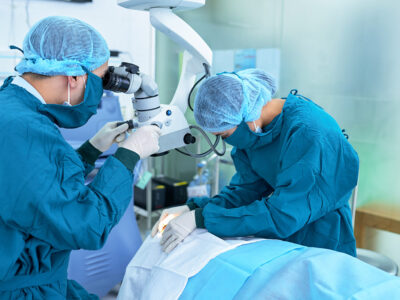
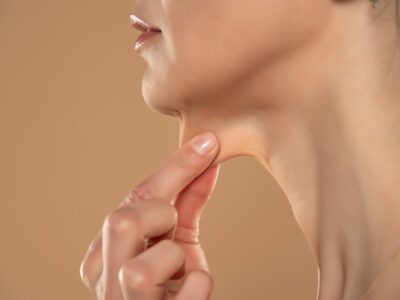
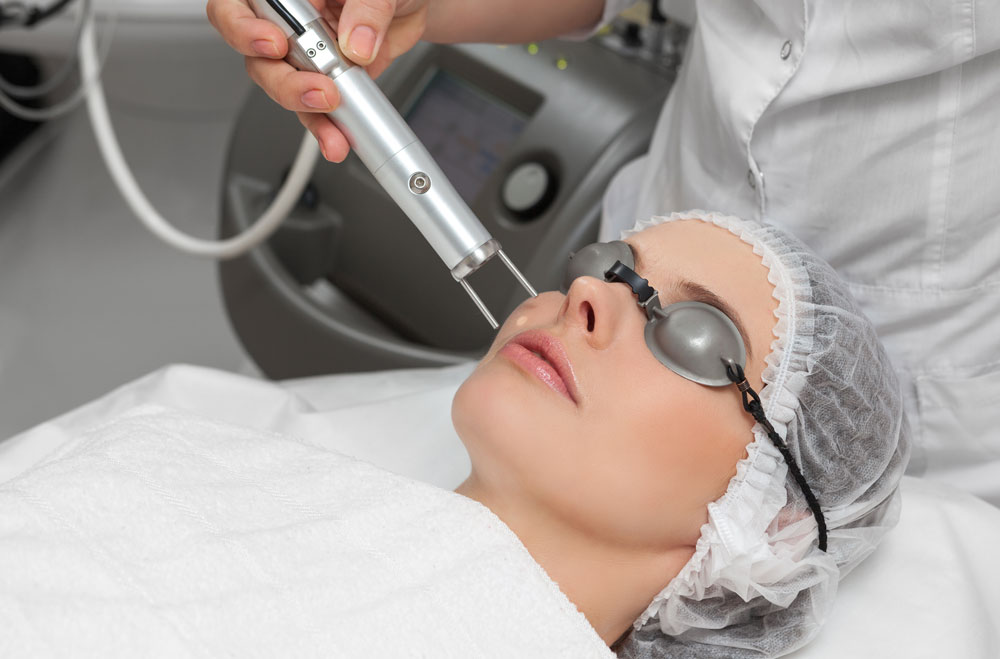
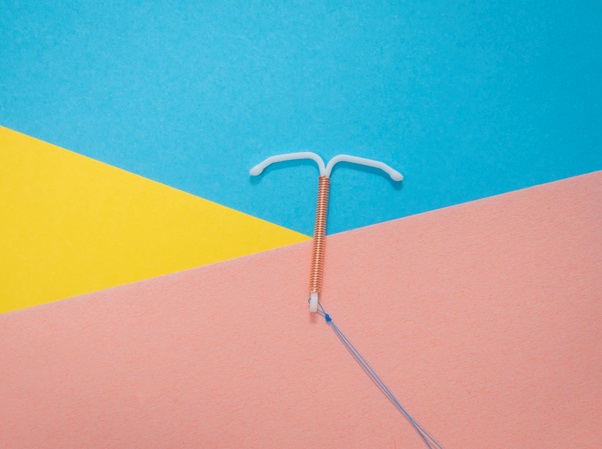





Comments